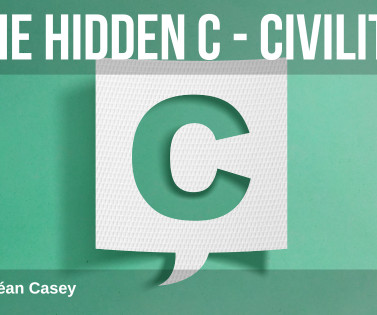The ‘Hidden C’
Don't Forget the Bubbles
JUNE 17, 2024
In such situations, ‘soft skills’ such as teamwork, compassionate leadership, strong interpersonal communication, and psychological safety are essential. Barriers to reporting include a lack of awareness of reporting mechanisms, fear of repercussions on professional reputation, and a lack of proactive leadership support.











Let's personalize your content